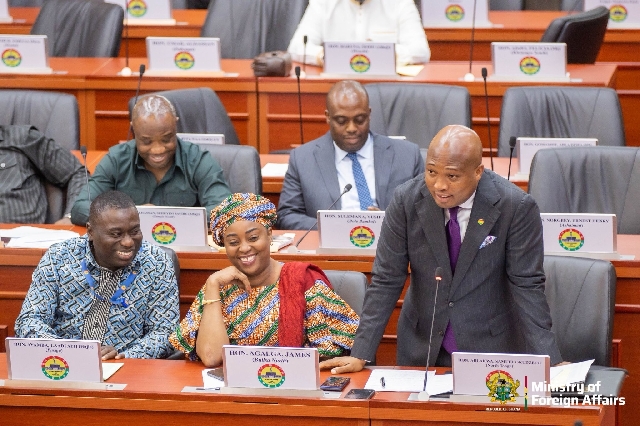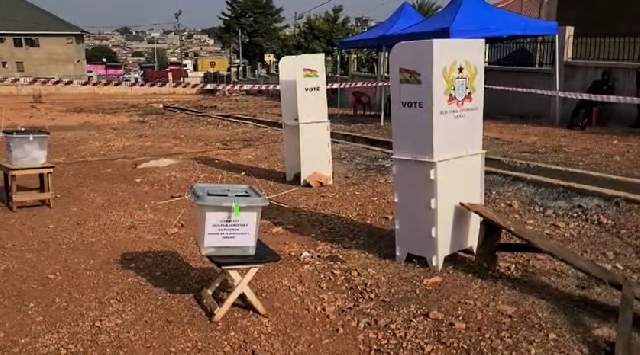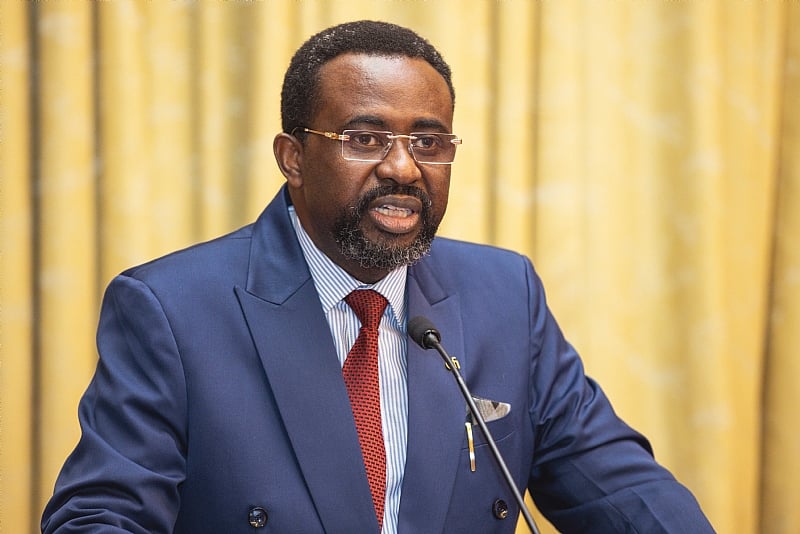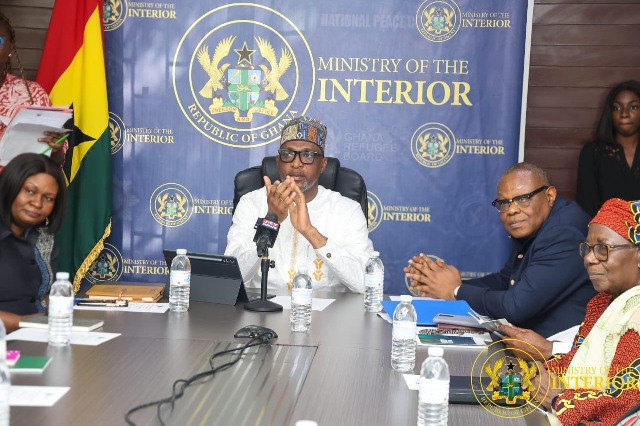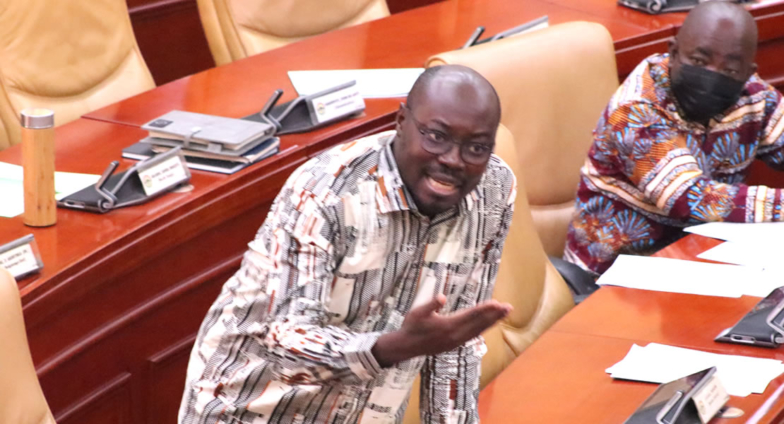China has announced a new zero-tariff policy for exports from 53 African countries with which it maintains diplomatic relations, solidifying its economic foothold across the continent. Apexnewsgh reports
The initiative, however, excludes Eswatini, the only African nation that recognizes Taiwan, reflecting Beijing’s commitment to its One China policy.
The announcement follows high-level talks between Chinese Foreign Minister Wang Yi and African officials in Changsha, Hunan Province, and was formalized in a joint communiqué.
This move is part of China’s broader effort to position itself as Africa’s principal trade and investment partner amidst escalating global trade tensions, particularly with the US. The joint statement criticized rising protectionist measures in global trade, specifically targeting US President Donald Trump’s tariffs, and called for a return to dialogue and multilateralism in resolving disputes.
The US has imposed steep tariffs, reaching up to 50%, on imports from several African nations, including Ghana, South Africa, Mauritius, Lesotho, Botswana, and Madagascar. In contrast, China’s zero-tariff policy aims to boost Africa’s export competitiveness while helping Chinese state-owned enterprises mitigate weakening domestic demand.
China’s move is seen as a strategic bid to reinforce economic alliances with African countries seeking alternatives to Western markets and financing. As Africa’s largest bilateral lender and dominant force in infrastructure development, the removal of tariffs is expected to further cement China’s influence. African governments are increasingly pivoting toward the East for trade, development, and diplomatic cooperation.
This isn’t the first time China has offered tariff exemptions to African countries. In 2003, China extended zero-tariff treatment to 30 African least-developed countries (LDCs) for 190 products. The latest initiative builds upon this, granting zero tariffs on 100% of products for all LDCs that maintain diplomatic relations with Beijing. The policy adds 140 new products to the list, including rice, wheat, sugar, cotton, and wood products.
While the zero-tariff policy presents opportunities for African countries, its benefits may be limited by the nature of trade between China and Africa. Most African LDCs export raw materials like minerals and oil to China, meaning the policy mainly boosts unprocessed, low-value goods exports.
To fully benefit, African LDCs need to improve their manufacturing and processing capacities to export higher-value goods.
Source: Apexnewsgh.com/Ngamegbulam Chidozie Stephen




